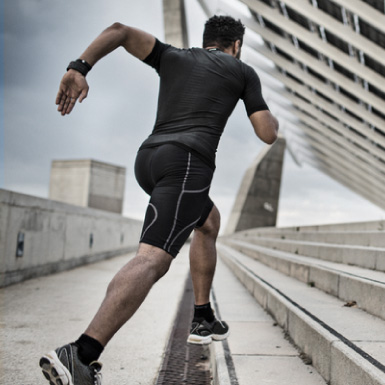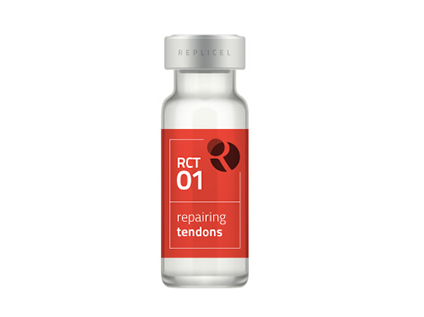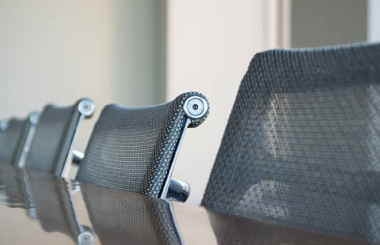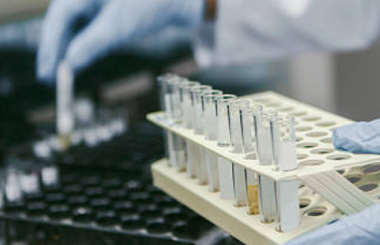Product Detail
RCT-01
FOR Repairing Tendons
RCT-01 is an autologous cell therapy utilizing non-bulbar dermal sheath (NBDS) cells - a type of fibroblast cell - isolated from the hair follicle to repair and regenerate tissue.
Though several cell types are involved in generating and maintaining healthy connective tissue, fibroblasts play a critical role by expressing many types of tissue-building proteins. The NBDS cells which are the focus of RepliCel's patented technologies, are the most prolific generators of collagen (Type 1 and 2) of any fibroblasts found anywhere in the body. These cells are responsible for generating the fast-growing tissue of the hair follicle every time a new follicle is generated as part of its regular cycle.
These cells are isolated from a small tissue sample taken from the back of the patient's scalp and used to grow millions more of these cells which are then reintroduced into areas where tissue has degenerated such as tendons, which join muscle to the bone and are largely made up of collagen strands. When the collagen starts to break down tendons begin to cause problems (i.e., pain and loss of function) which become chronic. We call this tendinopathy or tendinosis. The cells are injected to generate new, healthy tendon tissue.




